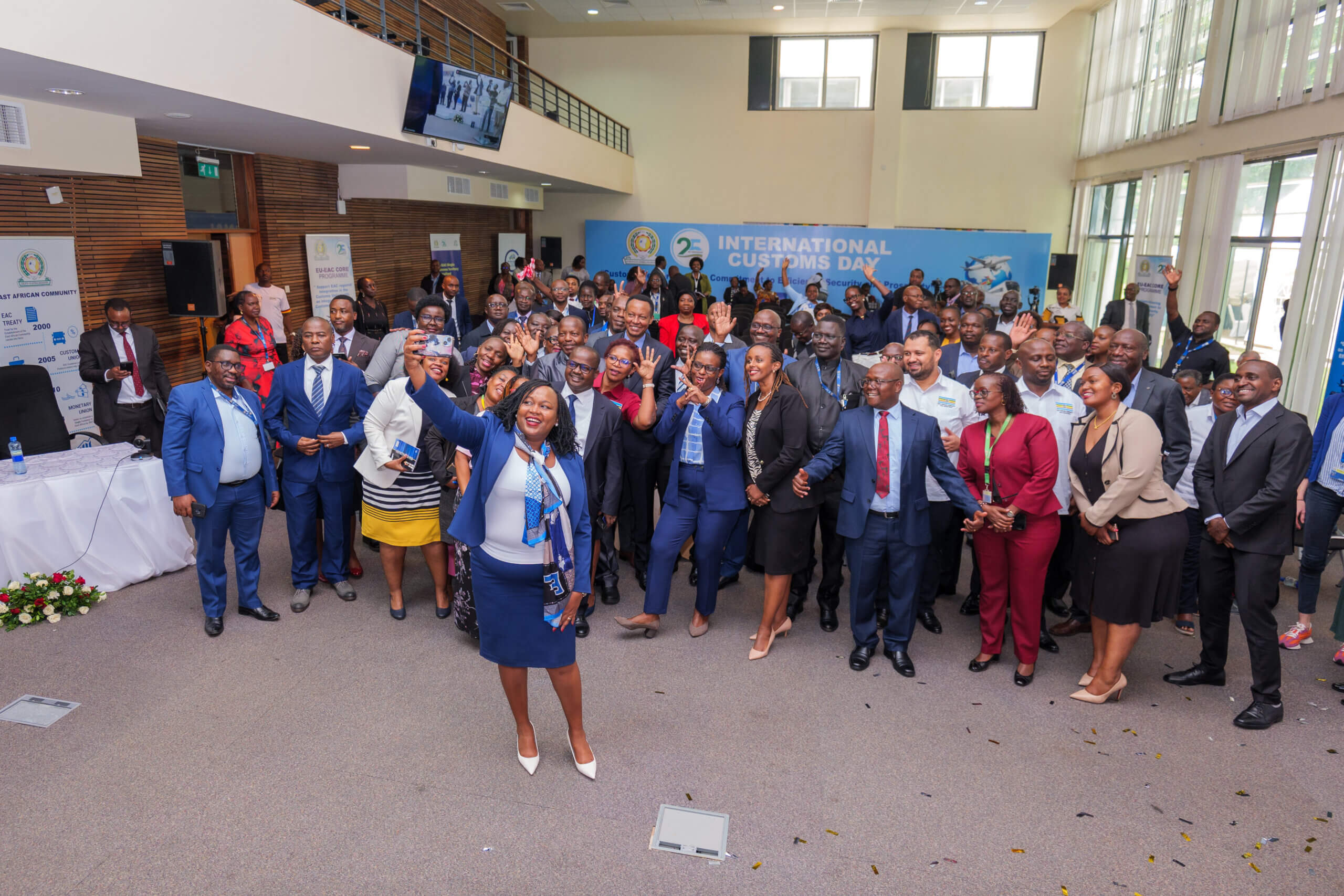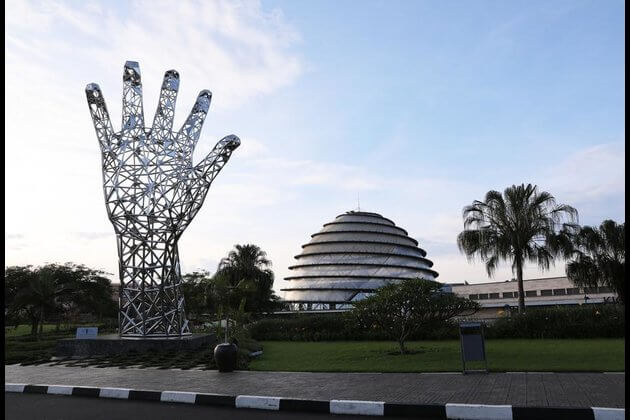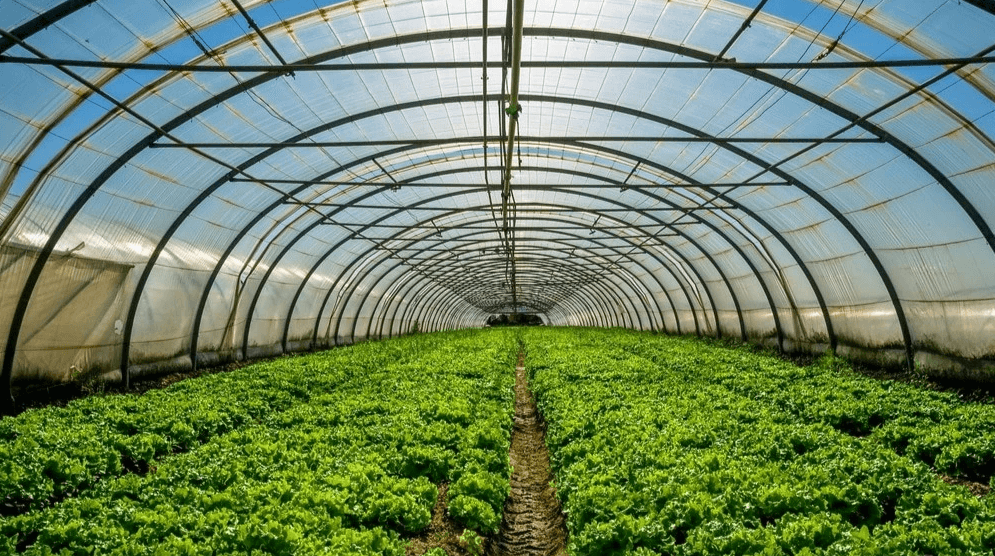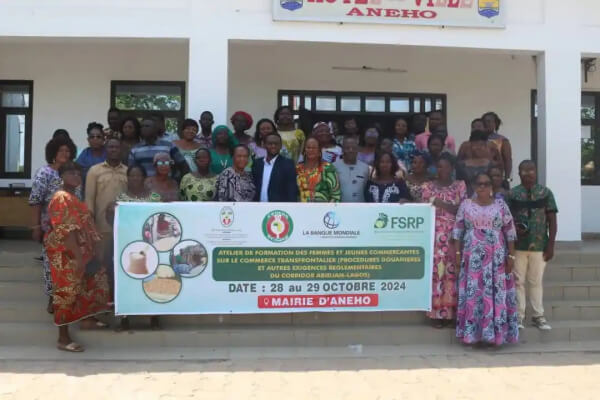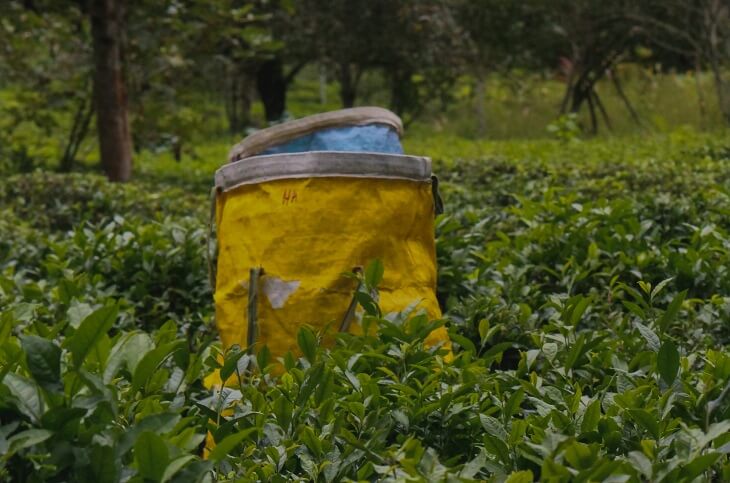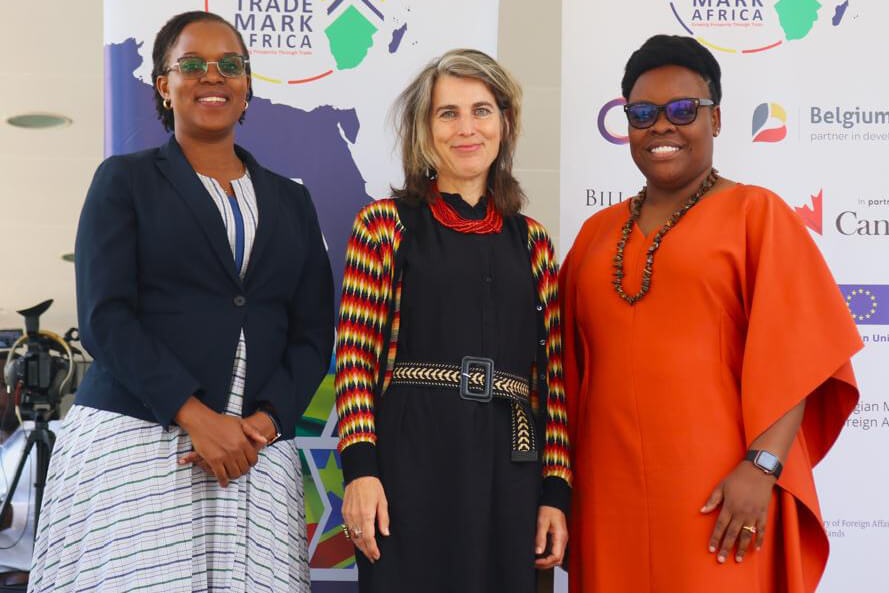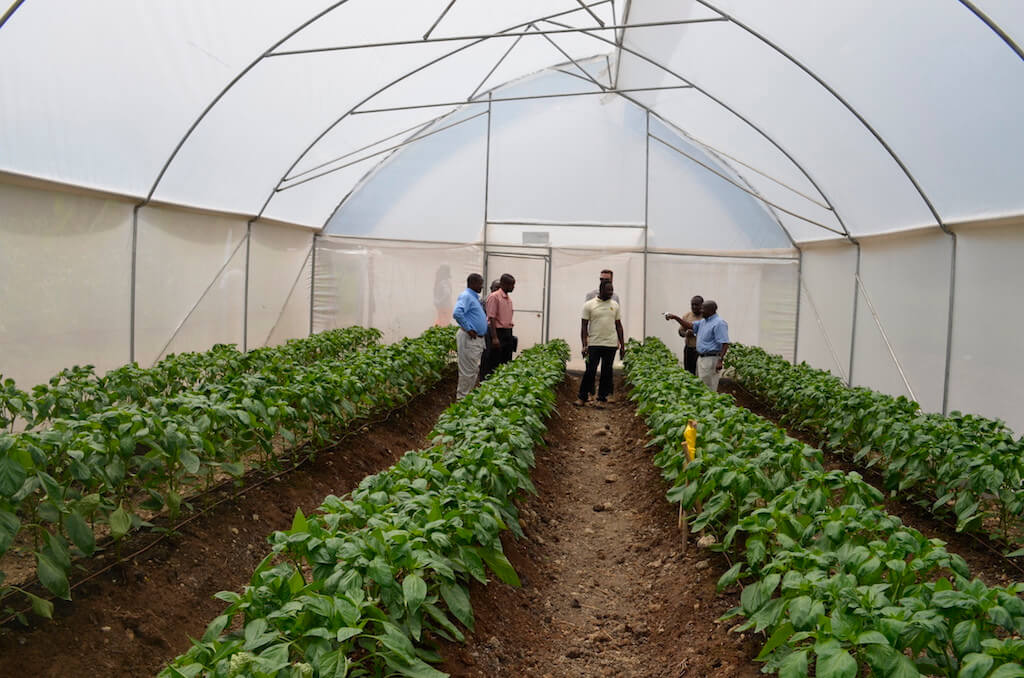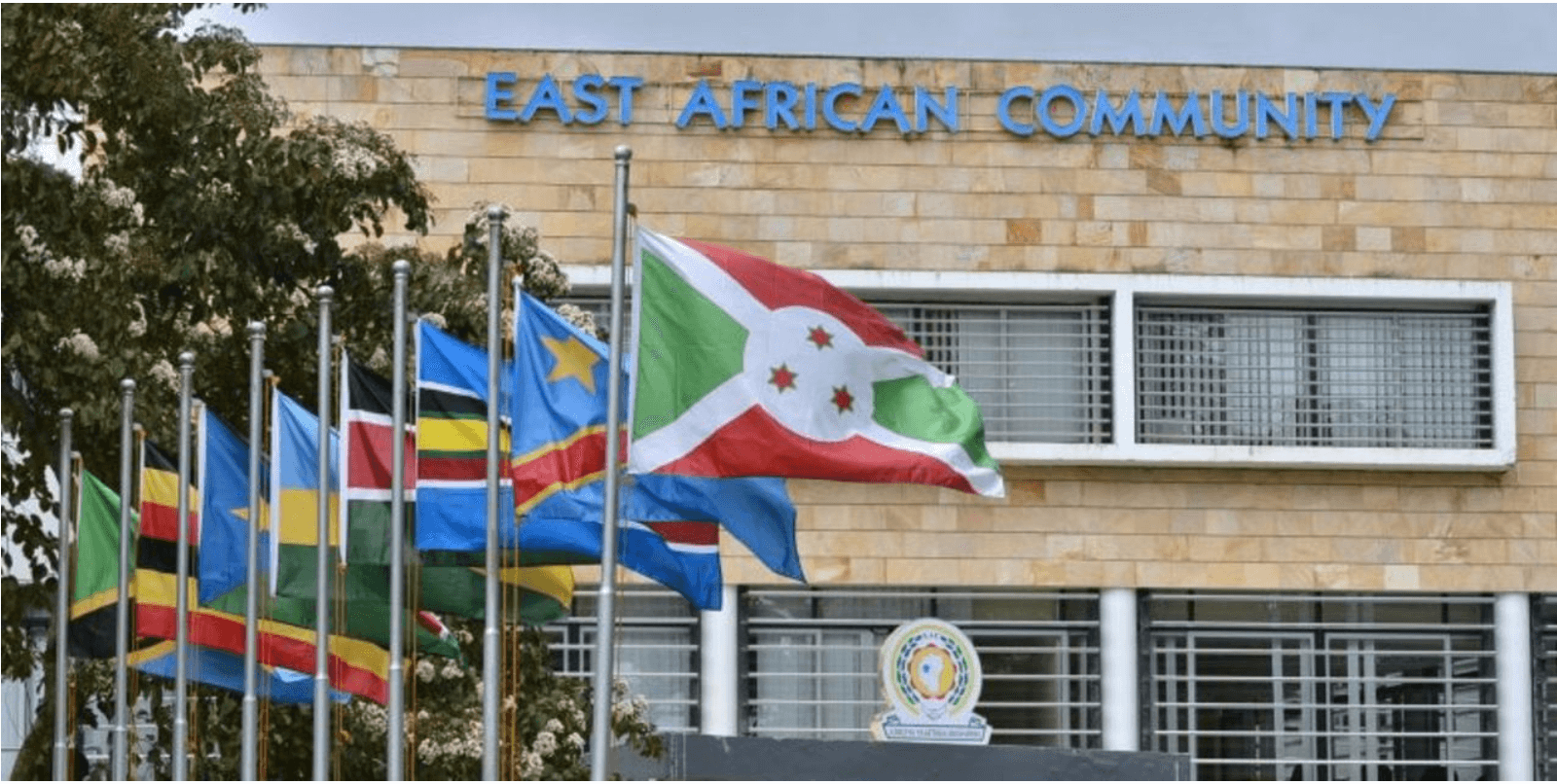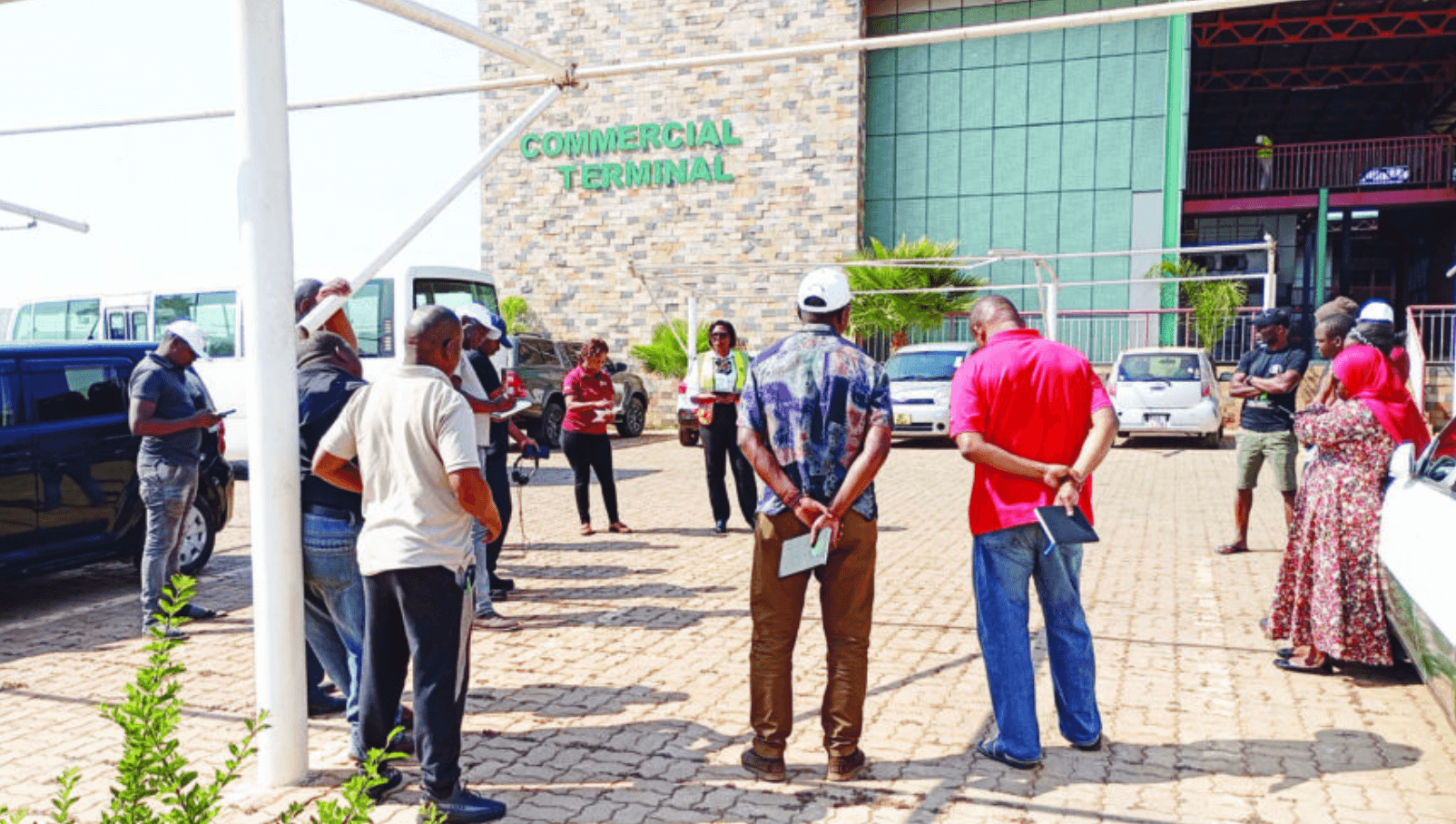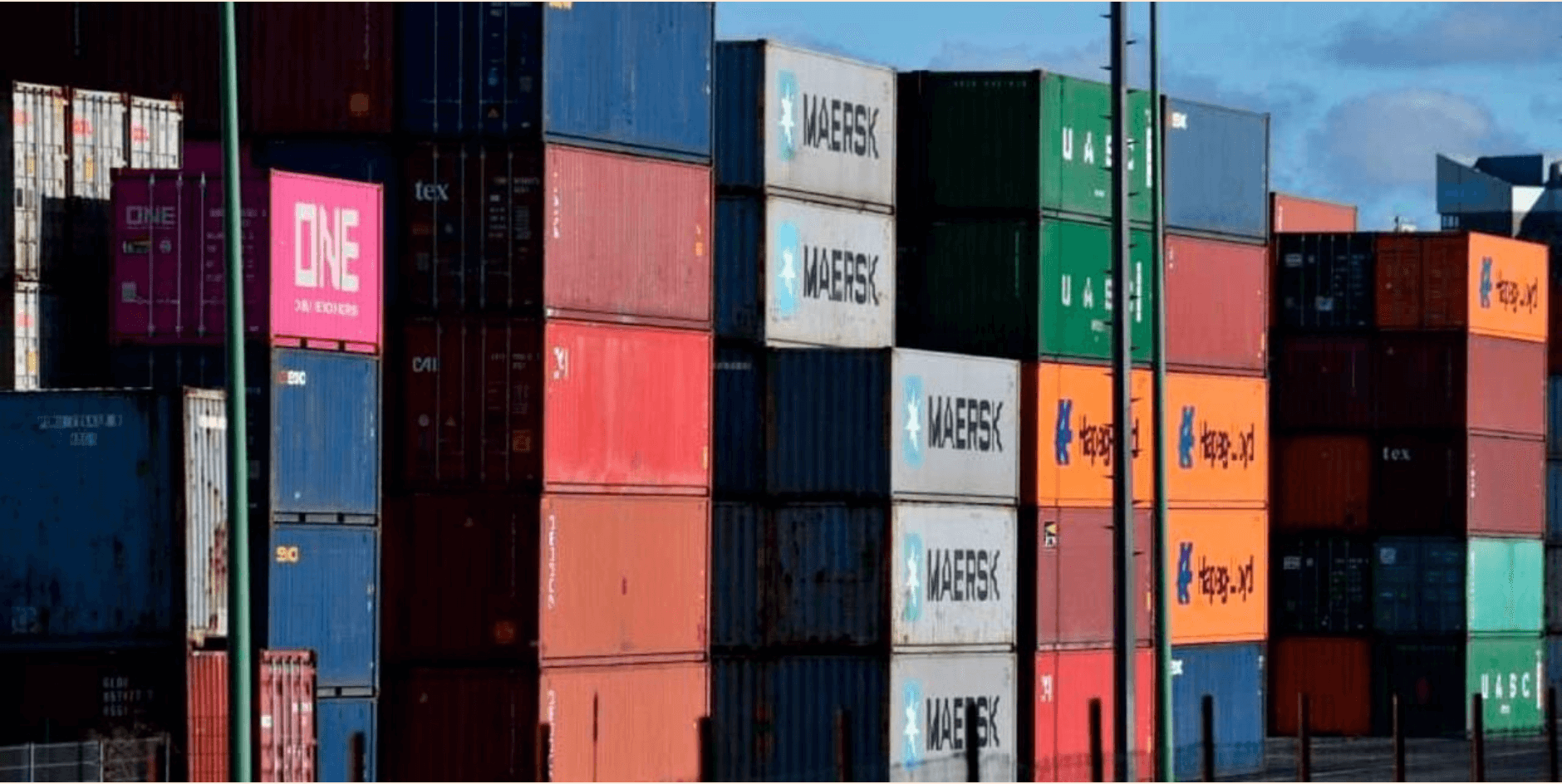Why this project?
Standards and SPS are technical measures which can either enhance trade or become barriers to trade. The TMA SQI-SPS programme implements interventions covering Standards, Technical Regulations, and Sanitary and Phytosanitary Measures. Participating in global trade is becoming increasingly critical for the economic growth of developing countries in Africa. On one hand, this requires: Working on the supply side, enabling enterprises to produce and supply quality, safe and cost-effective goods with high-market potential in quantities and consistency demanded by the markets. On the other hand, there is need to show evidence of market conformity, establishing a national infrastructure for proof of compliance with relevant market standards, technical regulations and SPS measures. TMA is actively involved in all these aspects of technical measures affecting trade.
A Quality Infrastructure is a system comprising the organizations (public and private) contributing to governmental policy objectives and practices needed to support and enhance the quality, safety and environmental soundness of goods, services, and processes. The TMA SQI programme aims to ensure that technical regulations, standards, and conformity assessment procedures applied by importing countries do not create obstacles to trade. This is done with a focus on addressing two key challenges, i.e. (i) Quality Infrastructure challenges affecting Governance Frameworks, Institutional Capabilities and Service delivery, and (ii) Weak Private Sector Capacities to Meet Standards, i.e. Low Awareness on Standards, Inadequate knowledge and skills for SMEs, and High Upgrading/Maintenance Costs for relevant QI institutions.
The objective of the TMA SPS programme is to protect human, animal or plant life and health while avoiding barriers to trade. The project is implemented by addressing (i) Weak SPS Compliance Infrastructure including Weak SPS Governance Frameworks, Weak Institutional Capabilities to establish and enforce SPS Regulations, and Weak SPS Inspection and Approval Procedures, and (ii) Private Sector Inability to Meet SPS Requirements due to Inadequate knowledge and skills on SPS risks along the value chain, High Costs of Control & Management of SPS Risks, and Complex inspection and approval procedures in trade.
Countries require imported agricultural products to comply with their national sanitary and phytosanitary regulations. The primary aim of sanitary and phytosanitary regulations is to protect human, animal or plant life or health from
pests and diseases that may be brought in by imported agricultural products. Sanitary and phytosanitary regulations, particularly those which aim at preventing animal- or plant-borne diseases from entering a country, can be related to “the level of prevalence of specific diseases or pests” and can be more rigorously applied to imports from countries where such diseases or pests are prevalent.
The rules governing application of SPS measures are contained in the World Trade Organisation’s Agreement on the Application of Sanitary and Phytosanitary Measures (WTO SPS Agreement). These rules are similar to those applicable to mandatory product standards, but with some differences.
How:
The TMA SQI and SPS projects are implemented through:
- Support to Regional Economic Communities (EAC, COMESA, IGAD) to (i) Develop Regional Frameworks for Standards, Technical Regulations and Conformity Assessment Procedures, (ii) Develop Frameworks on Application of Sanitary & Phytosanitary (SPS) Measures, and (iii) Promote active participation of private sector & civil society in regional SQI/SPS programmes
- Support to governments to meet their International & Regional Obligations on Technical Measures to Trade by (i) Updating QI & SPS Laws and Regulations, (ii) Updating QI & SPS Policies and Strategies, and (iii) Strengthen technical and managerial capabilities of QI & SPS institutions & service delivery mechanisms
- Private Sector support to implement compliance programmes by (i) facilitating access to information and training on TBT & SPS requirements for traded goods, (ii) Facilitating improved value chains that meet trade standards and to manage SPS risks, and (iii) Supporting governance structures for inclusiveness and integrating enterprises into global value chains
- Support to Consumer Organizations through (i) Consumer information, education programmes on quality and safety of goods, (ii) Communication on non-conforming products and safety, and (iii) Creating consumer demand for safety and quality.
- All these strategies are implemented through direct TMA technical assistance from the regional team, and a focus on collaborative efforts with development partners. Practically, the project shares relevant information on SQI & SPS programmes in the region, initiates and implements donor supported SQI/SPS programmes, and partners with relevant development partners SQI/SPS programmes.
Progress
As at June 30, 2020. The SQI project has supported the EAC partner states to apply a harmonized technical regulations regime through the development of the EAC technical regulations framework for foods and cosmetics – a project that was implemented throughout the 2019/20 programme year to include national consultations and several technical working group sessions organized by the EAC secretariat. The harmonized technical regulations framework will see all partner states increasingly trade in these products, which were documented as highly traded goods for the region, without the previous barriers/restrictions affecting product characteristics or their related processes and production methods, including the applicable administrative provisions and costs, for which compliance is mandatory. Upon adoption, the harmonized technical regulations framework will also see reduced costs to compliance for traders resulting from multiple requirements across partner states. The programme also supported EAC partner states through the secretariat to harmonize up to 26 standards for priority value chains in the region including sugar and sugar products, cosmetics, apiaries, and textile value chains.
Through our EAC partnership on one hand and COMESA, TMA is also implementing the “Prioritizing SPS investments for market access” (P-IMA) project. This project will see states prioritize SPS investment options through collaborative strategies that are expected to mitigate SPS risks to trade. The project, which began in November 2019 will run 18 months, addressing the region’s weak capacities by SPS competent authorities and policy frameworks to produce meet requisite technical requirements.
Contact:
Dr. Andrew Edewa
Director, Standards Quality Infrastructure (SQI) and Sanitary and Phytosanitary Measures (SPS)
Email: andrew.edewa@trademarkea.com




